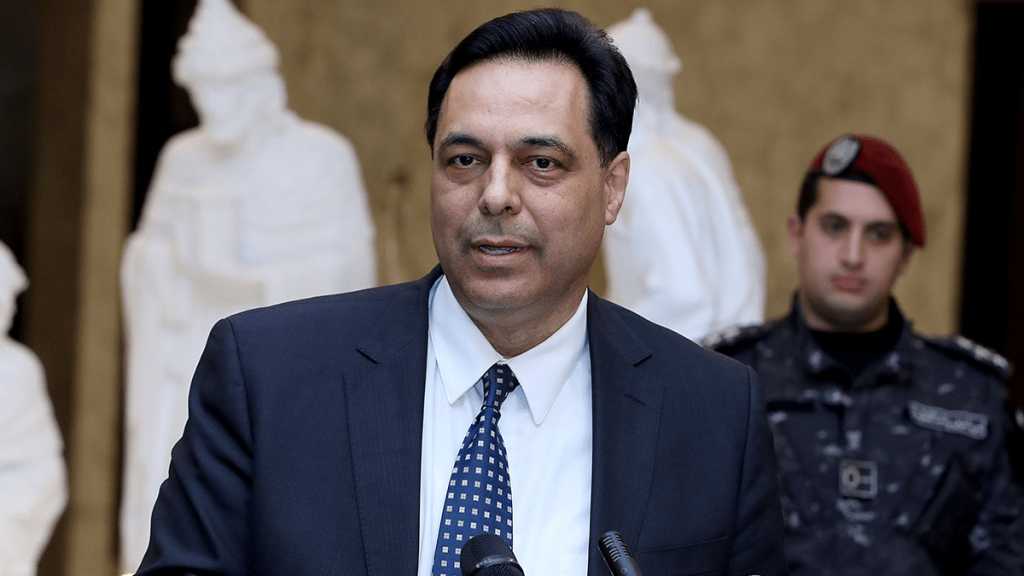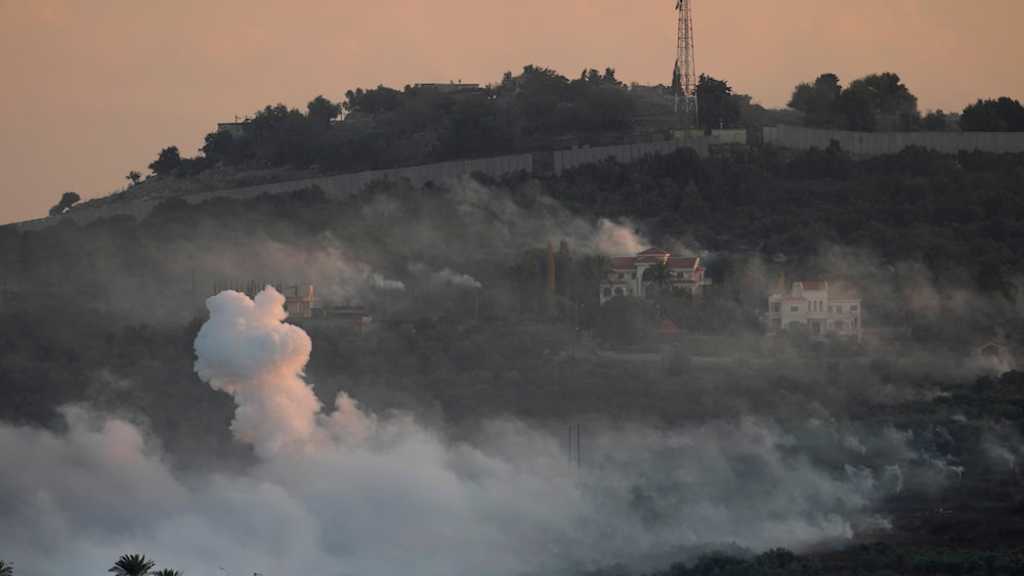
Curfew Implemented As Lebanon’s Coronavirus Cases Rise to 391

By Staff, Agencies
The total number of coronavirus infections in Lebanon spiked to 391, as two new deaths and 23 cases were registered by the Health Ministry Friday, on the first day of intensified curfew measures across the country.
The virus, of which first case was confirmed in Lebanon on Feb. 21, has claimed the lives of eight people so far. The Health Ministry said that the most recent patient who died suffered from chronic illness.
Declaring that Lebanon is in “extreme danger” due to the spread of coronavirus, the Cabinet Thursday approved a two-week extension of the nationwide lockdown while ordering the general closure of institutions and supermarkets from 19:00 until 05:00 with a few exceptions.
The Lebanese Internal Security Forces [ISF] confirmed Friday in a statement that it would be implementing a curfew on citizens in the aforementioned duration in accordance with the government’s lockdown extension.
The Lebanese Army also announced that starting Friday evening, it would begin taking measures to ensure that the curfew is implemented and that the shops and businesses included by the curfew, commit to the working hours.
Both the ISF and Army placed checkpoints in order to ensure citizens' adherence to the decision.
As part of the nationwide lockdown, Beirut International Airport announced Friday it would also extend a suspension of all commercial and private flights until April 12.
Lebanese Premier Hassan Diab Friday afternoon visited Rafik Hariri University Hospital where he confirmed that Lebanese citizens abroad hoping to return would have to wait until after the general mobilization period.
“Today we cannot make an exception before the end of the general mobilization period,” Diab said in a news conference at the hospital.
He added that it was both for the protection of those who wish to return and to curb the spread of the epidemic in the country.
“If one passenger on the plane returning to Lebanon is infected with coronavirus, they could transmit it to numerous, if not all, passengers,” he said. “We are looking into repatriation possibilities, and we will have a clearer idea before April 12.”
Comments
- Related News

Hezbollah Mourns Martyr Hussein Nimer Masarrah
3 months ago

